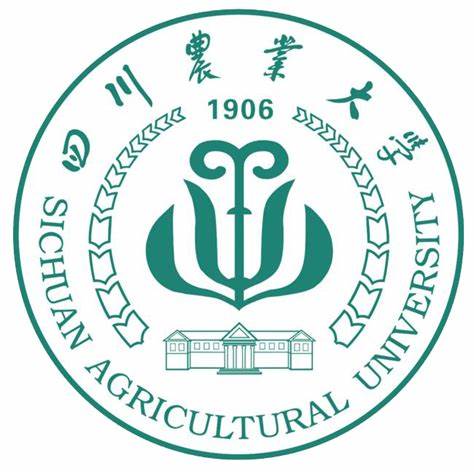Identification and validation of two major QTLs for spikelet number per spike in wheat (Triticum aestivum L.)
作者: 刁圣轩 审稿人:魏育明 时间: 2023-06-08 点击次数:次
https://www.frontiersin.org/articles/10.3389/fpls.2023.1144486/full
Frontiers in Plant Science,10 May 2023,Volume 14 - 2023
Xiaoyu Yi,Yingtong Ye,Jinhui Wang,Zhen Li,Jiamin Li,Yuqi Chen,Guoyue Chen,Jian Ma1,Zhien Pu,Yuanying Peng,Pengfei Qi,Yaxi Liu,Qiantao Jiang,Jirui Wang,Yuming Wei,Youliang Zheng,and Wei Li
Abstract
The total number of spikelets (TSPN) and the number of fertile spikelets (FSPN) affect the final number of grains per spikelet in wheat. This study constructed a high-density genetic map using 55K single nucleotide polymorphism (SNP) arrays from a population of 152 recombinant inbred lines (RIL) from crossing the wheat accessions 10-A and B39. Twenty-four quantitative trait loci (QTLs) for TSPN and 18 QTLs for FSPN were localized based on the phenotype in 10 environments in 2019–2021. Two major QTLs,QTSPN/QFSPN.sicau-2D.4(34.43–47.43 Mb) andQTSPN/QFSPN.sicau-2D.5(32.97–34.43 Mb), explained 13.97%–45.90% of phenotypic variation. Linked kompetitive allele-specific PCR (KASP) markers further validated these two QTLs and revealed thatQTSPN.sicau-2D.4had less effect on TSPN thanQTSPN.sicau-2D.5in 10-A×BE89 (134 RILs) and 10-A×Chuannong 16 (192 RILs) populations, and one population of Sichuan wheat (233 accessions). The alleles combination haplotype 3 with the allele from 10-A ofQTSPN/QFSPN.sicau-2D.5and the allele from B39 ofQTSPN.sicau-2D.4resulted in the highest number of spikelets. In contrast, the allele from B39 for both loci resulted in the lowest number of spikelets. Using bulk-segregant analysis–exon capture sequencing, six SNP hot spots that included 31 candidate genes were identified in the two QTLs. We identifiedPpd-D1afrom B39 andPpd-D1dfrom 10-A and further analyzedPpd-D1variation in wheat. These results identified loci and molecular markers with potential utility for wheat breeding and laid a foundation for further fine mapping and cloning of the two loci.


